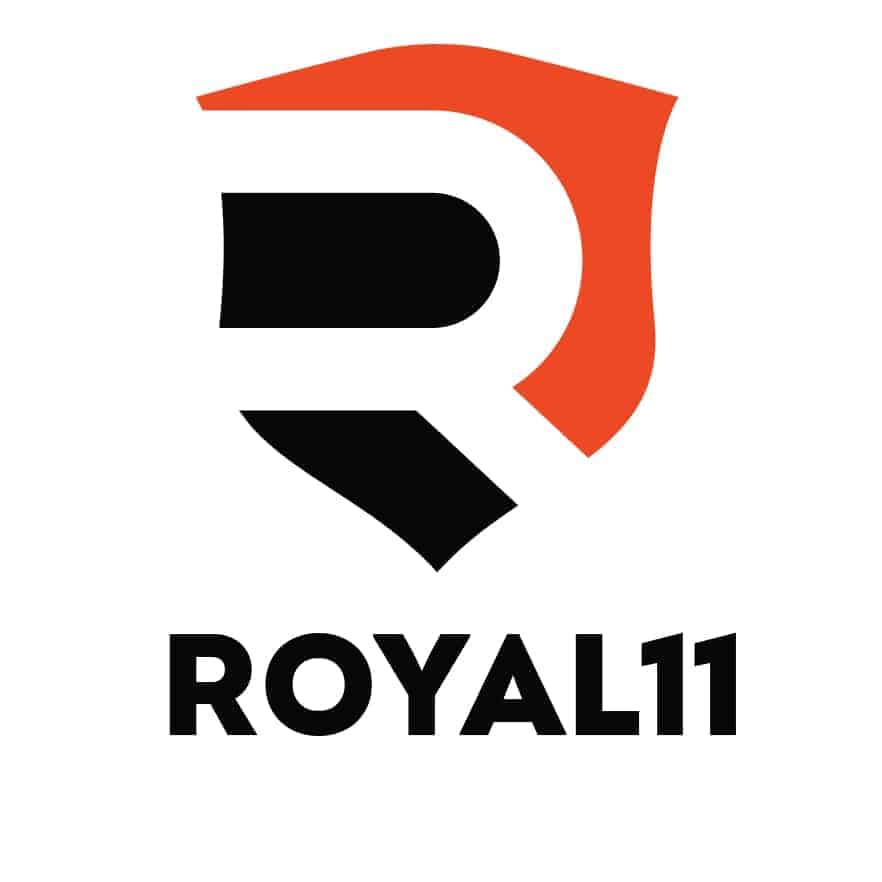How to Start a Successful Travel Agency Business

Table of Contents Show
Introduction
Starting a travel agency Business can be a rewarding venture. The allure of helping people explore the world, coupled with the potential for financial success, makes it a popular choice for aspiring entrepreneurs. Travel agencies play a vital role in the tourism industry by providing personalized services, expert advice, and exclusive deals that enhance the travel experience for clients.
Understanding the Travel Agency Business
What Does a Travel Agency Do?
A travel agency facilitates travel arrangements for individuals and groups. This includes booking flights, accommodations, tours, and other travel-related services. They offer expertise and convenience, making travel planning easier and more efficient for their clients.
Types of Travel Agencies
Leisure Travel Agencies
These agencies specialize in planning vacations and leisure trips for individuals, families, and groups. They offer package deals, customized itineraries, and travel insurance to ensure a hassle-free experience.
Corporate Travel Agencies
Corporate travel agencies focus on organizing business trips for companies. They handle flight bookings, hotel reservations, car rentals, and meeting arrangements, aiming to optimize travel efficiency and cost-effectiveness for corporate clients.
Specialty Travel Agencies
Specialty travel agencies cater to niche markets such as adventure travel, luxury travel, or eco-tourism. They offer tailored services that meet the unique needs and preferences of specific traveler segments.
Market Research and Planning
Identifying Your Target Market
Understanding your target market is crucial for success. Determine the demographics, preferences, and needs of potential clients to tailor your services accordingly.
Analyzing Competitors
Analyze your competitors to identify their strengths and weaknesses. This information will help you develop strategies to differentiate your agency and offer superior services.
Crafting a Business Plan
A well-thought-out business plan outlines your business goals, target market, services, marketing strategies, and financial projections. It serves as a roadmap for your business and is essential for securing funding.
Legal and Financial Considerations
Registering Your Business
Choose a business name and register your travel agency with the appropriate authorities. Ensure compliance with local, state, and federal regulations.
Licensing and Permits
Obtain the necessary licenses and permits to operate legally. Requirements vary by location, so research the specific regulations in your area.
Budgeting and Funding Your Business
Initial Costs
Initial costs include registering your business, purchasing equipment, setting up an office, and marketing expenses. Prepare a detailed budget to estimate these costs.
Ongoing Expenses
Ongoing expenses include salaries, rent, utilities, marketing, and software subscriptions. Plan for these recurring costs to maintain financial stability.
Setting Up Your Travel Agency
Choosing a Business Model
Home-Based vs. Office-Based
Decide whether to operate from home or a dedicated office space. Home-based agencies have lower overhead costs, while office-based agencies may offer a more professional image.
Franchise vs. Independent
Consider the benefits of joining a franchise, such as brand recognition and support, versus operating independently, which offers more control and flexibility.
Finding the Right Location
If you choose an office-based model, select a location that is accessible and attractive to your target market. Consider factors such as foot traffic, parking, and visibility.
Creating an Online Presence
Develop a professional website and establish a presence on social media platforms. An online presence is crucial for reaching a broader audience and building credibility.
Building Relationships with Suppliers
Partnering with Airlines, Hotels, and Tour Operators
Establish strong relationships with suppliers to secure the best rates and exclusive deals. These partnerships are vital for offering competitive prices and high-quality services.
Negotiating Contracts and Rates
Negotiate favorable terms with suppliers to maximize your profit margins. Effective negotiation skills are essential for maintaining a successful travel agency.
Marketing and Promotion
Developing a Marketing Strategy
Create a comprehensive marketing strategy that includes online and offline tactics. Focus on building brand awareness, generating leads, and converting prospects into clients.
Utilizing Social Media
Social media platforms are powerful tools for promoting your travel agency. Use them to share travel tips, destination highlights, and special offers to engage with your audience.
Networking and Partnerships
Network with other businesses and industry professionals to expand your reach and build valuable partnerships. Attend industry events and join relevant associations to stay connected.
Providing Excellent Customer Service
Understanding Customer Needs
Listen to your clients and understand their travel preferences and needs. Personalized service is key to building long-term relationships and ensuring client satisfaction.
Offering Personalized Services
Tailor your services to meet individual client needs. Offer customized travel itineraries, special accommodations, and personalized recommendations to enhance the travel experience.
Handling Complaints and Feedback
Address complaints promptly and professionally. Use feedback to improve your services and demonstrate your commitment to customer satisfaction.
Technology and Tools for Travel Agencies
Booking Systems
Invest in reliable booking systems that streamline the reservation process and enhance efficiency. These systems should be user-friendly and offer real-time availability.
Customer Relationship Management (CRM) Software
CRM software helps manage client information, track interactions, and improve customer service. It is essential for maintaining organized and efficient operations.
Travel Management Tools
Utilize travel management tools to handle itineraries, expenses, and reporting. These tools can save time and improve accuracy in managing travel arrangements.
Growing Your Travel Agency
Expanding Your Services
Consider expanding your service offerings to include additional travel-related services such as visa assistance, travel insurance, and event planning.
Entering New Markets
Explore opportunities to enter new markets, such as corporate travel or niche travel segments. Diversifying your client base can lead to increased revenue and growth.
Scaling Your Business
As your business grows, consider scaling your operations by hiring additional staff, opening new locations, or investing in advanced technology to enhance efficiency.
Conclusion
Starting a travel agency requires careful planning, dedication, and a passion for travel. By understanding the industry, conducting thorough market research, and providing exceptional customer service, you can build a successful travel agency. Embrace the journey and take the first step toward turning your travel dreams into reality.
FAQs
What qualifications do I need to start a travel agency?
While there are no specific qualifications required, having a background in travel, tourism, or business can be beneficial. Certifications from industry organizations can also enhance your credibility.
How much capital do I need to start a travel agency?
The amount of capital required varies based on your business model and location. Initial costs can range from a few thousand to several tens of thousands of dollars.
How can I attract customers to my travel agency?
Attract customers by offering personalized services, competitive prices, and exceptional customer service. Utilize marketing strategies such as social media, networking, and partnerships.
What are the biggest challenges in running a travel agency?
Challenges include managing competition, staying updated with industry trends, and handling economic fluctuations. Providing excellent service and adapting to changes are key to overcoming these challenges.
Can I run a travel agency from home?
Yes, running a home-based travel agency is a viable option and can significantly reduce overhead costs. However, it requires a strong online presence and effective marketing strategies to attract clients.





Responses